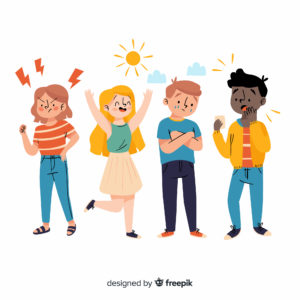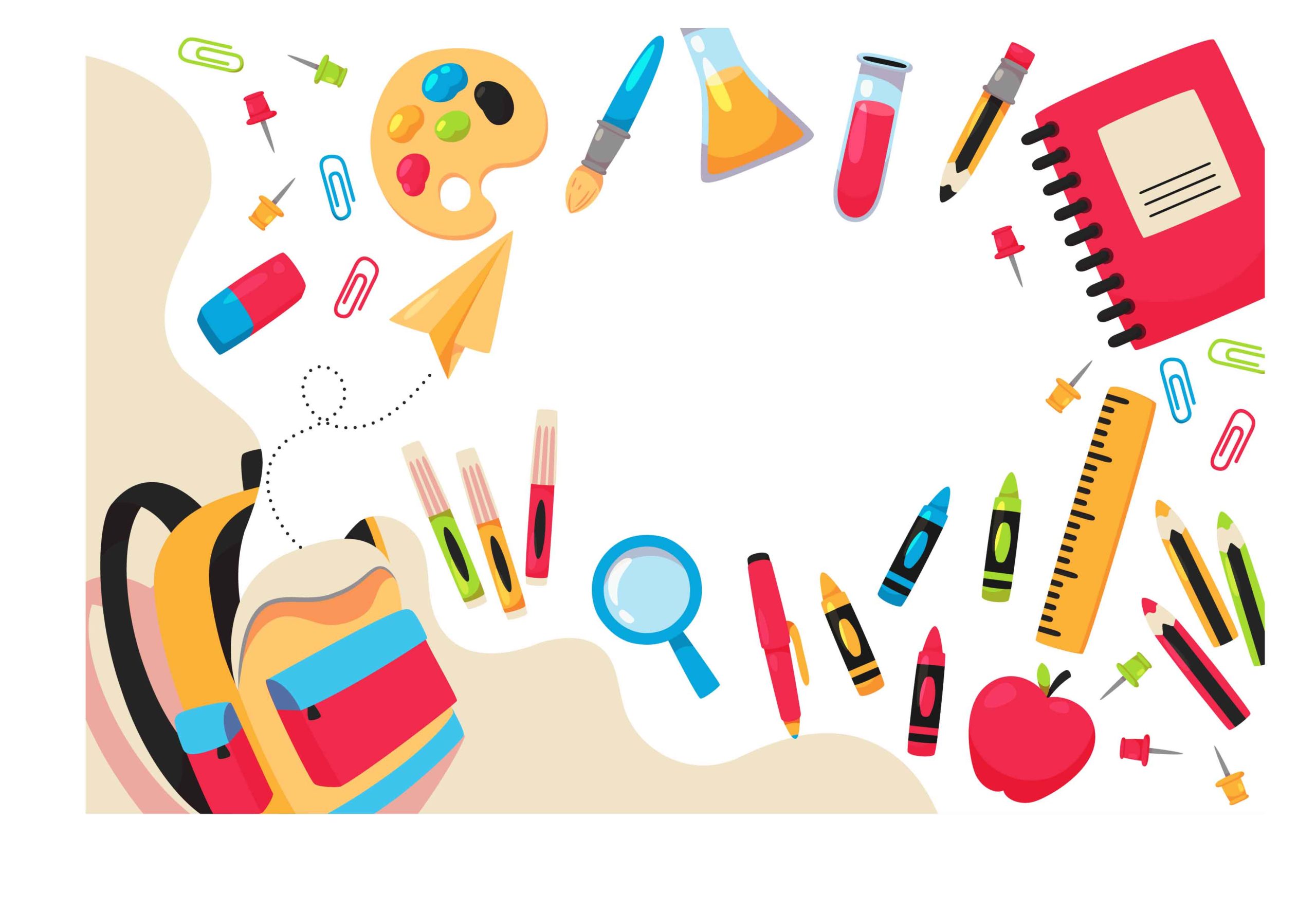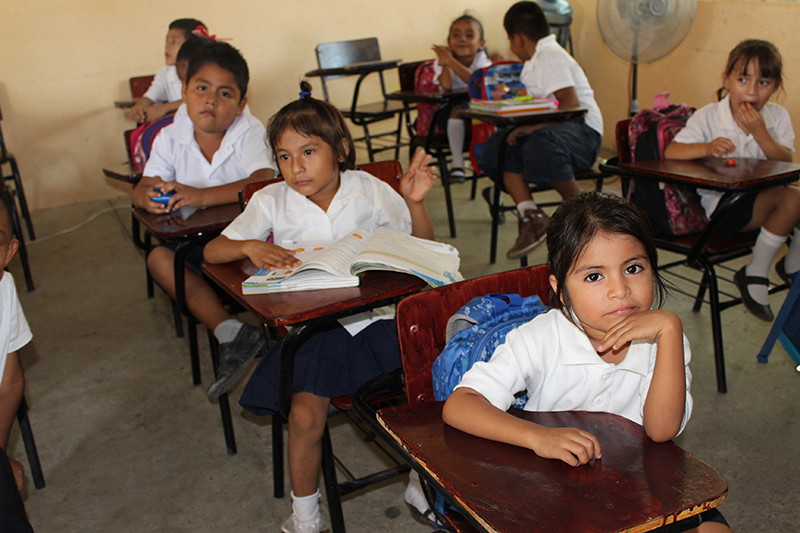A new social contract for education

During the 20th century, state education sought to support developmental efforts by means of compulsory schooling for children and young people. However, the world currently faces major challenges that are endangering its future and they can only be addressed through education. A few months ago, UNESCO proposed a new social contract based on the right to quality education for everyone throughout life in order to change the future of humanity. Understanding and committing to this social contract is a good way of starting the new academic year. Do it with the aid of this article.
Learn by playing

Emotion facilitates learning. Boredom doesn’t. Playing and entertainment have been natural learning tools for children and adults since the dawn of time. The new technologies have now taken them to a new dimension. Because the problem doesn’t lie in the content, but rather in the way of teaching it. In this article, we explain what “edutainment” or educational entertainment is and how to get the most out of it in education; here we answer five basic questions about educational gamification and here we tell you about a successful gamification experience in classrooms.
Differentiate yourself from machines: skills that matter

In a world in which artificial intelligences are becoming increasingly visible in all walks of life, it will be essential to nurture the competences and skills that make us more human. In this article, we provide an overview of some of the most important ones and in this one we focus on one which has undoubtedly become one of the most important of all, namely critical thinking, which can also be encouraged among younger children with the help of some programmes that we discuss here. In addition to critical thinking, another fundamental skill that’s highly necessary due to its ability to improve educational results is metacognition, in other words, the ability to reflect on our own learning process. In this article, we explore the concept and examine how educators can encourage its development among their students.
Social-emotional learning: how to address it at schools

Social-emotional learning has become an essential aspect of our children’s education. With the worrying increase in emotional problems at an early age and the growing importance of mental health, it’s vital to devote time and resources to developing social-emotional skills in students. Given that we can’t learn if we’re sad, angry or bored, social-emotional learning implemented at schools can make a difference when it comes to children’s well-being and academic performance. In this article, we explain how and here we talk about a method developed at Yale University to teach emotional intelligence at schools.
Digital content: instructions for use

Digital textbooks, videos, virtual environments, collaborative tools, augmented reality… in the digital era that we live in, the use of technology in education has become essential for preparing the teachers of the future. Within this context, digital content has emerged as a key tool in teacher training programmes, providing new opportunities and challenges for teaching professionals. With a wide range of online resources and materials, digital content has transformed the way teachers acquire knowledge, develop skills and prepare to meet the new demands of education.
In this article, we explore how the effective integration of digital content can enhance the teaching practice, enrich the learning experience and prepare teachers to make a significant difference in the education of the coming generations.






